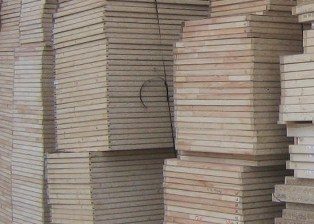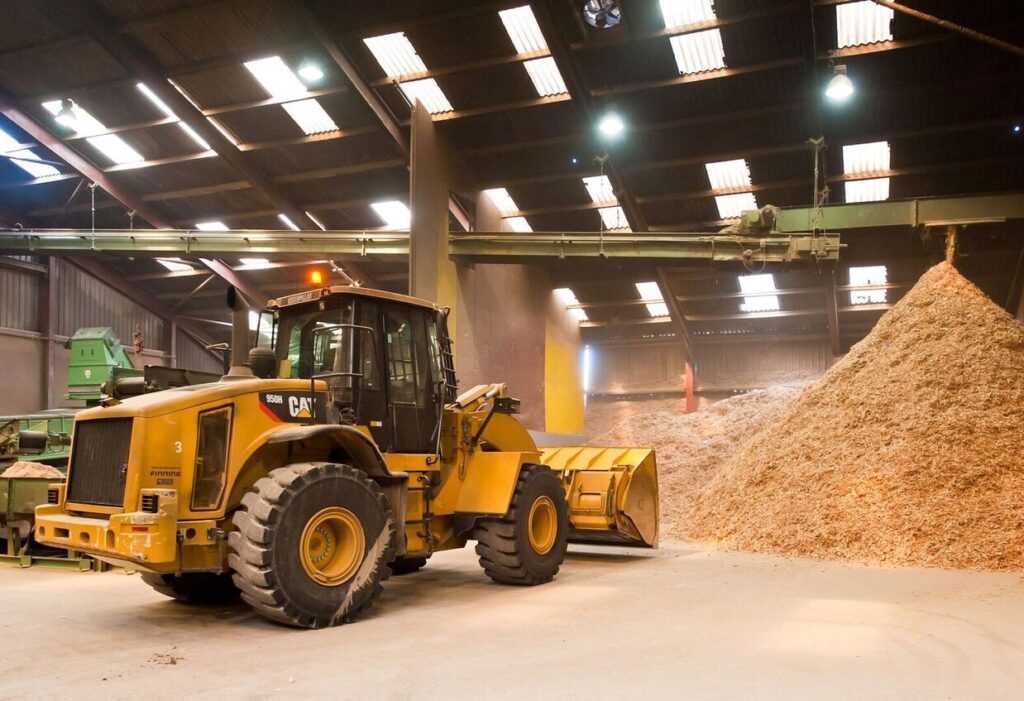This is thought to be largely down to the fact that several biomass plants have been down for longer than planned so reducing demand and at the same time householders are having more renovation works carried out, generating waste wood.
Storage permits limiting the amount of wood that can be stored at any time are also a factor. Stockpiles have had tighter limits imposed by regulators and with the introduction of fire prevention plans there is an industry reluctance to overstock.
However, some wood recyclers say the impact on gate fees is linked to whether biomass plants are open or closed near them with the market operating “even more regionally than normal”.
For example in some areas, such as the North West, there is a high demand for wood both from the panelboard and biomass sector, and gate fees remain low and even positive, meaning rebates can bepaid.
In contrast, in the south recyclers are increasing their gate fee as biomass plants have been closed for maintenance.
But, despite the increase in volumes in the marketing place, the tonnage could “be very quickly be eaten by the biomass sector” if there’s a cold winter, one expert warned.
He said: “Electricity prices are higher now and that will encourage power generation. Stockpiles generally are smaller than they might have been in the past so as we move towards the winter there is some uncertainty.”
Import
Giving an overview of the situation, Vicki Hughes, group business development director at the wood recycling company Enva, said: “The closure of UK HWRC’s and temporary lockdown of the construction sector during the first lockdown led to many biomass operators and board manufacturers having quite valid concerns over the availability of feedstock.

“To ensure they could meet the high demand over the winter many took the decision to import material from Europe. As it turned out, the ‘hard lockdown’ didn’t last as long as feared and HWRCs and the construction sector soon reopened. In fact, tonnages from both these sources significantly increased as people undertook DIY and other home improvement work.
“The net result was that the wood market was full to saturation point last winter and there is a still a ‘hangover’ in 2021. It is probably going to take another full winter and possibly even a summer season to ‘unjam’ unless we see a huge cold snap in Europe, which would keep wood there and help us rebalance sooner.
“We expect gate fees for wood disposal to remain high for some time as sites continue to struggle with high stock levels. The issue has been compounded by higher than normal levels of shutdown with plants undertaking maintenance that was deferred last year.
“Looking forward, whilst we expect some degree of import to continue, we also expect the market to rebalance and settle back to a manageable pattern of summer supply and winter demand.”
Panelboard
Recyclers in the panelboard sector say the availability of wood has been positive for them, and supply has remained strong.
One sector expert said some in the panelboard sector have “had their pick of the wood” if biomass plants have been out.
He also said clients have been focusing on separating wood in order to benefit from a better gate fee for higher grade material.
There has been demand for particle board for kitchens and other furniture made from board. Many plants were closed or in some cases were busy making coffins.

Biomass
One biomass operator said maintenance of plants has taken longer this summer due to difficulties in obtaining parts.
Many parts are sourced from the continent and the ongoing supply chain issues has meant “what used to take two weeks to arrive is now taking six or seven”.






Subscribe for free